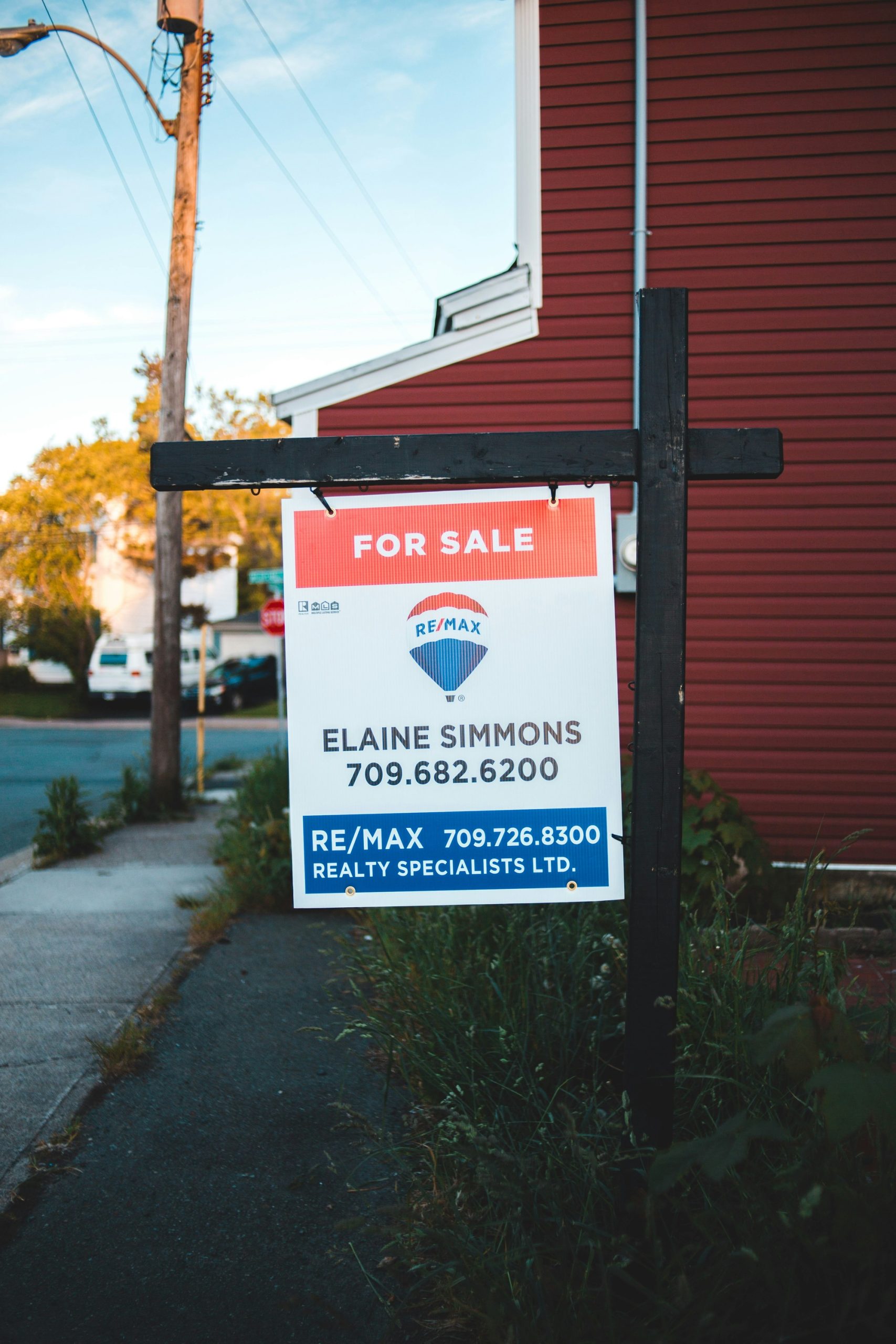It’s no secret that buying a home today feels impossible for many millennials and Gen Z. Prices are astronomical, wages have stagnated, and interest rates have spiked. All the while, baby boomers, many of whom bought homes decades ago for a fraction of today’s cost, are sitting on a goldmine of equity.
Cue the generational blame game: Did boomers ruin the housing market? Or are they simply reaping the rewards of smart decisions made in a different economic climate? Depending on who you ask, the answer can swing from empathetic to enraged. But the truth, like the market itself, is a little more complex.
A Tale of Two Eras
When boomers came of age, the housing landscape looked very different. In the 1970s and 1980s, even with inflation and recession cycles, homes were far more affordable relative to income. A single income could often buy a house. College debt was minimal or nonexistent. Job security was more common. And crucially, housing wasn’t yet treated like the ultimate investment vehicle. It was simply a place to live.
Fast forward to now: Millennials and Gen Z are navigating a very different economy. Student loan debt has ballooned. Wages have failed to keep up with inflation. Rent prices are crushing. And in many areas, the idea of affording a down payment, let alone a mortgage, feels like science fiction. The rules changed, but not everyone got the memo.
Did Boomers Really Ruin It?
It’s easy to blame older generations, and in some cases, the frustration is valid. Many boomers have supported or voted for policies that restricted new housing development, favored suburban sprawl over density, and protected existing property values over accessibility.
Zoning laws, NIMBYism (“Not In My Backyard”), and resistance to affordable housing initiatives have played a major role in constricting supply. Combine that with decades of underbuilding, rising construction costs, and institutional investors gobbling up starter homes, and you’ve got a perfect storm.
But here’s the nuance: not every boomer is responsible for this, and not all of them are wealthy landlords or policy architects. Some are renters themselves. Others are quietly helping their adult children afford homes. The system may be broken, but pinning it entirely on one generation oversimplifies a deeply systemic issue.

The Myth of Meritocracy
Part of the tension comes from the lingering myth that success, especially in real estate, is just a matter of personal responsibility. Work hard, save up, and eventually you’ll buy a home.
Boomers were often sold this dream, and for many, it worked out. But for younger generations, the math simply doesn’t add up. Saving for a home while paying off student loans, managing high rent, and coping with unstable job markets is not the same game. It’s not even the same field.
So when older generations say, “Well, I bought my first house when I was 25,” it can feel tone-deaf. Because back then, houses weren’t $800,000. And salaries didn’t stagnate while living costs soared. The comparison isn’t just unfair. It’s irrelevant.
When Equity Becomes a Fortress
Many boomers now own homes outright or have seen their property values skyrocket. That’s great for their retirement, but it’s also created a kind of generational wealth lock-in. Some pass it on. Others hold onto multiple properties. Some vote for policies that protect their asset values, even when that means blocking change that would make homeownership more accessible for others.
This isn’t to villainize success or financial security. But it does raise the question: should personal gain come at the cost of broader generational opportunity? Real estate isn’t just about homes anymore. It’s about power. And the more concentrated that power becomes, the harder it is to share.
So… Did They Just Play the Game Better?
In some ways, yes. Boomers benefited from a post-war economy designed to promote homeownership, wealth-building, and middle-class expansion. They navigated a system that was, by and large, built for their success. And many of them took full advantage—smartly, strategically, and legally.
But here’s the twist: the game they played has changed. And for younger generations, it’s no longer a fair one. Blaming individuals for following the rules of their time misses the point. It’s the rules themselves that need rewriting.
We need to stop framing housing as a zero-sum battle between generations and start pushing for policy shifts, like zoning reform, affordable housing investments, and financial tools that don’t leave the next wave of buyers permanently priced out. Because if owning a home is only possible for those who got in decades ago, then maybe it’s not a game worth playing. Maybe it’s a system worth rebuilding.
Do you think boomers deserve the blame for the housing crisis, or are they being unfairly targeted? What would make housing truly accessible again?
Read More:
Crying Over the Housing Market: Why Millennial and Gen Z Buyers are Struggling
Nation’s Housing Crisis Easing But Not Over
Read the full article here














